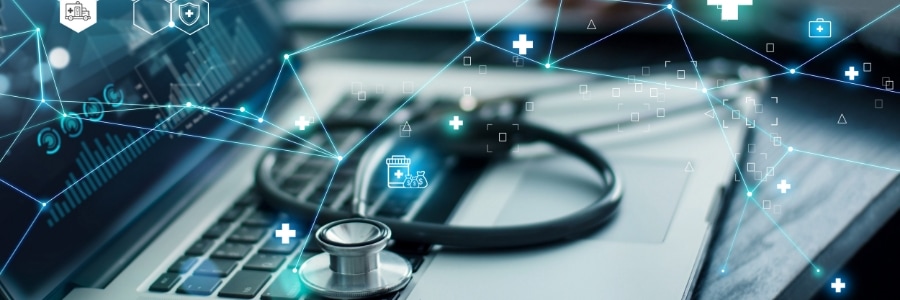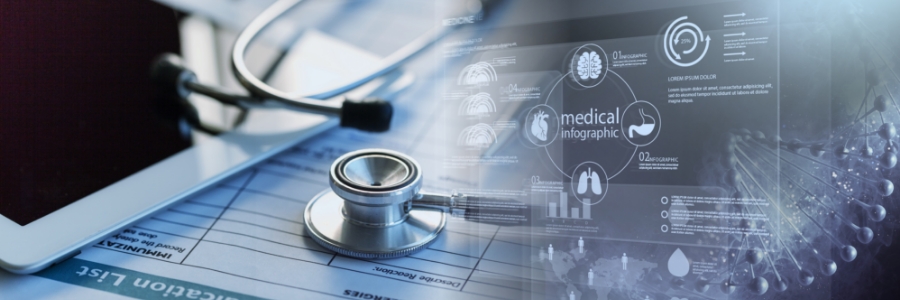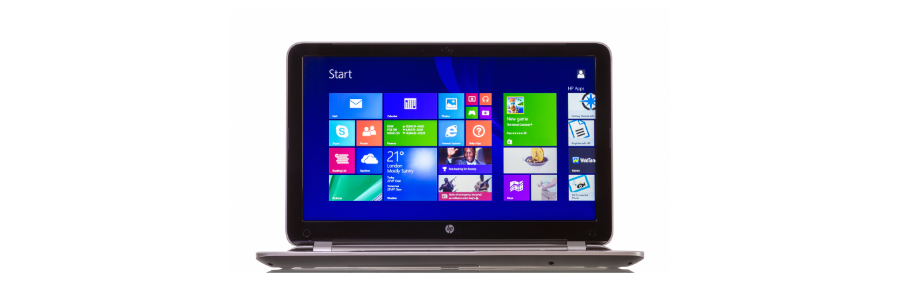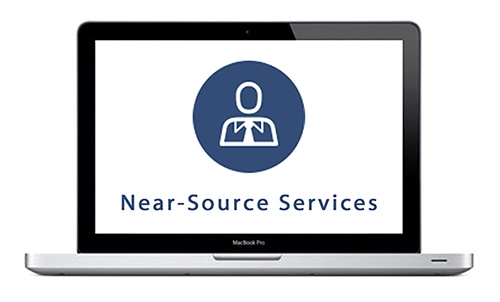In a world increasingly dependent on technology, healthcare providers cannot afford to have outdated and inefficient systems. When people’s lives are on the line, there can be no room for tech glitches. That’s where managed IT services providers (MSPs) come in: they can maintain and monitor systems round-the-clock so that practices can focus on providing quality healthcare.
Managed IT services providers in healthcare: The top benefits
Keeping PHI safe from cybercriminals
What is the value of managed IT services in healthcare?

The healthcare industry is relying on tech more than ever. Between implementing telemedicine, adopting data management best practices, and juggling countless other recent tech developments, managing business IT is a complex task, and so is best done by a managed IT services provider (MSP). Let’s explore the benefits of partnering with one:
MSPs guarantee quick response times
Constant system uptime and availability can be a matter of life and death in the healthcare industry, which makes quick IT support response times crucial for any healthcare practice.
Here’s how to make sure your business properly handles PHI
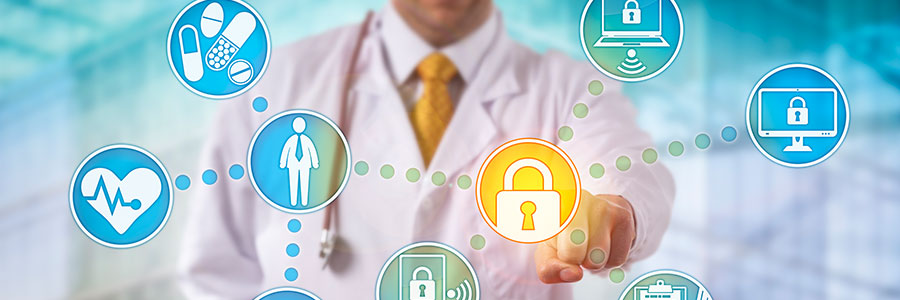
It’s imperative for healthcare organizations and business associates to take every precaution when it comes to managing protected health information or PHI. Aside from having significant regulatory and compliance implications, failing to protect PHI can seriously affect clients and damage a business’s reputation.
The rising popularity of telemedicine
What an MSP can do for healthcare providers
5 Best practices for securing PHI

Protected health information (PHI) includes personal, medical, and financial information, as well as other data created or used when a patient sought and received healthcare services. Due to the sensitive nature of PHI, it is highly valuable to hackers — and this is why your healthcare organization must do everything possible to protect any PHI data it handles.
How to prevent healthcare data breaches
Why hospitals need managed IT services
Telemedicine to help transform healthcare

Physicians in some parts of the world still make house calls, but they are becoming rare. Today, most patients either go to a clinic or hospital, make a quick trip to a pharmacy for instant relief, or get treatment at home via telemedicine. Although this medical practice might not sound familiar to some, it has been around for years.
- 1
- 2

